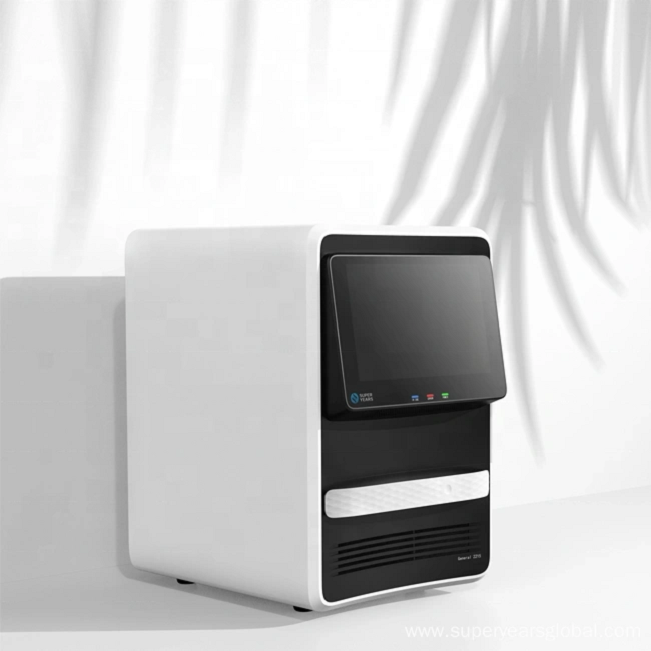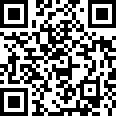The Usage of Real-Time PCR Instrument
September 21, 2023
Real-time PCR instruments have a wide range of applications in various fields, including:
1. Gene Expression Analysis: Real-Time PCR is commonly used to quantify gene expression levels. It allows researchers to analyze the expression of specific genes and compare their mRNA levels in different samples or under different experimental conditions. This is crucial in studying biological processes, identifying biomarkers, and understanding mechanisms of diseases.
2. Pathogen Detection: Real-time PCR is widely used in diagnostics to detect and identify pathogens, such as viruses, bacteria, and fungi. By targeting specific regions of the pathogen's genome, Real-Time PCR Instrument can accurately detect and quantify the presence of pathogens in clinical samples, food, water, or environmental samples.
3. Genetic Variation Analysis: Real-time PCR can be used to detect and analyze genetic variations, such as single nucleotide polymorphisms (SNPs), insertions, deletions, or copy number variations. It is commonly utilized in population genetics, genetic mapping, forensics, and genetic disease research.
Real-Time PCR Display
4. Quantification of Viral or Bacterial Load: Real-time PCR enables the precise quantification of viral or bacterial load in clinical samples or environmental samples. This information is important for monitoring the progression of viral or bacterial infections, assessing treatment efficacy, and studying the epidemiology of infectious diseases.
5. Mutation Detection: Real-time PCR can be used for the detection of specific mutations associated with genetic disorders or cancer. By designing specific primers and probes targeting the mutant alleles, real-time PCR can identify the presence of mutations in genomic DNA samples.
6. Food Safety Testing: Real-time PCR is employed for the detection of foodborne pathogens, allergens, genetically modified organisms (GMOs), or adulterants in food products. It provides rapid and sensitive detection methods to ensure the safety and quality of food.
7. Environmental Monitoring: Real-time PCR can be used to monitor and quantify microorganisms in environmental samples, such as water, soil, or air. This is valuable in assessing the impact of pollutants, studying microbial communities, and conducting environmental surveillance.
8. Pharmacogenomics: Real-time PCR is used in pharmacogenomic studies to analyze genetic variations that may influence individual responses to medications. It helps in designing personalized treatment plans and identifying genetic markers for drug efficacy or toxicity.
9. Forensic Analysis: Real-time PCR is employed in forensic DNA analysis to identify individuals, determine parentage, or analyze degraded DNA samples. Its sensitivity and high-throughput capabilities make it an essential tool in forensic laboratories.
The versatility and accuracy of real-time PCR instruments make them essential in various research, diagnostic, and quality control applications.






